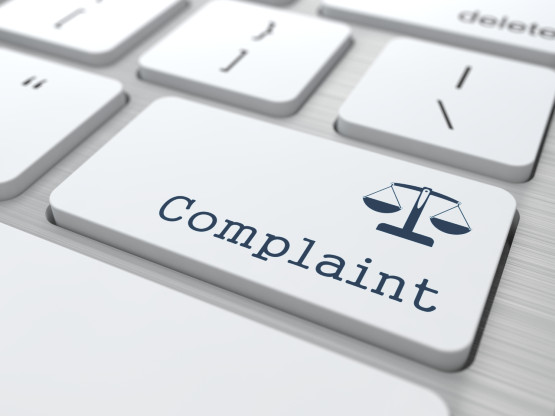8 August 2022

Clients dissatisfied with a Costs Lawyer will have to wait until their internal complaints process has ended, or at least eight weeks, before complaining to the Costs Lawyer Standards Board (CLSB), under a change now out for consultation.
The amendment – which would bring the CLSB’s disciplinary rules and procedures (DR&P) in line with those of the Legal Ombudsman (LeO) – follow a two-year review of how the rules, updated in May 2020, have operated.
The review was unable to look at all aspects of the changes due to the low volume of complaints made since then. The CLSB has not undertaken any formal investigations in that time, but has referred three matters to LeO – which it has to do when the complaints concern issues of service – and one to the Solicitors Regulation Authority as the appropriate regulator.
One further matter was resolved through pre-investigation correspondence, while the CLSB reported five ‘disclosures’ from Costs Lawyers.
The review nonetheless suggested three further improvements to the CLSB’s disciplinary processes:
- Implementing a streamlined triage process for inbound complaints;
- Updating its policy statement on enforcement and sanctions, to take account of the recently adopted joint statement by the legal regulators on tackling counter-inclusive misconduct through disciplinary action; and
- Making minor changes to the DR&P, to better align our processes with those of the Legal Ombudsman.
The first two have been done, leaving the third the subject of the consultation.
It explained: “Where a complaint relates to the service provided by a Costs Lawyer, or has both service and conduct elements [known as hybrid complaints], it is referred in the first instance to the Legal Ombudsman. The Legal Ombudsman then provides the CLSB with quarterly updates on all open cases relating to Costs Lawyers. This referral process works reasonably well.
“However, we have identified several areas where we could be more aligned with the Legal Ombudsman’s procedures to ensure the smooth running of [hybrid complaints].”
The main issue was time limits. Complainants have a year from the date on which the matters giving rise to the complaint occurred to refer it to the CLSB, a time limit that LeO – which currently gives clients six years – will shortly match through reform of its scheme rules.
But, unlike LeO, the DR&P do not require a complainant to exhaust a practitioner’s first-tier process before escalating a conduct complaint to the CLSB, subject to the practitioner not taking longer than eight weeks.
“In our view, the policy intention expressed in the Legal Services Act is that practitioners will usually deal with both service and conduct complaints internally in the first instance; the Act suggests that their first-tier complaints procedures must cover both service and conduct issues.
“Given that the majority of complaints handled by the CLSB during the review period were referred to either the Legal Ombudsman or the Solicitors Regulation Authority under the appropriate memorandum of understanding, and given our understanding of the policy intention behind the Act, we are proposing that the DR&P be amended to introduce a requirement for a complainant to exhaust the Costs Lawyer’s first-tier complaint-handling process before escalating a complaint to the CLSB.”
This requirement would only apply to complainants who were clients and not, for example, to fellow practitioners, who are not typically covered by the internal complaints procedure.
The proposed amendment would give an eight-week period for the Costs Lawyer to resolve the matter, failing which the complainant could then refer the matter to the CLSB.
Complainants would not have to adhere to this if it would cause them unfair prejudice or it was otherwise in the public interest for them not to do so. Also, “active participation” in a first-tier complaint-handling process would “likely” constitute a reasonable explanation for delay in complaining within a year, in the interests of encouraging settlement of the dispute at the first tier.
A report to last month’s meeting of the CLSB board noted that the delays LeO is experiencing in dealing with complaints meant complainants “often come to the CLSB seeking an explanation” for what was happening.
A consultation closes on 23 September 2022.
